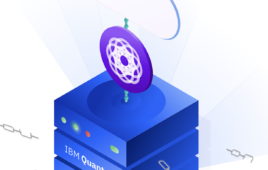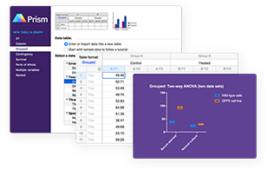PITTSBURGH (AP)—Bored with classes? Carnegie Mellon University and one of the government’s top spy agencies want to interest high school students in a game of computer hacking.
Their goal with “Toaster Wars” is to cultivate the nation’s next generation of cyber warriors in offensive and defensive strategies. The free, online “high school hacking competition” is scheduled to run from April 26 to May 6, and any U.S. student or team in grades six through 12 can apply and participate.
David Brumley, professor of computer science at Carnegie Mellon, said the game is designed to be fun and challenging, but he hopes participants come to see computer security as an excellent career choice.
At a glance of its webpage, the contest seems lightweight.
“When a robot from space crash lands in your backyard, it’s up to your hacking skills to fix him and uncover the secrets he carries,” the webpage says. But, it adds, students “will learn how to identify security vulnerabilities and perform real-world attacks” on computer. And there is the small tag that reads: “Sponsorship provided by the NSA.”
National Security Agency representative Vanee Vines said the U.S. has a great need for cyber security professionals.
“America increasingly needs professionals with highly technical cyber skills to help keep the country safe today—and to help the country meet future challenges and adapt with greater agility,” Vines said in an email to The Associated Press. “When it comes to national security, there is no substitute for a dedicated, immensely talented workforce. We need the best and brightest to help us outthink and defeat our adversaries’ new ideas.”
The NSA, based in Maryland and part of the Defense Department, is responsible for code breaking, monitoring overseas communications, and protecting the U.S. from cyberattack. Last month, then-Defense Secretary Leon Panetta said cyber attacks are “the battlefield of the future,” and security experts said massive amounts of data and corporate trade secrets, likely worth hundreds of millions of dollars, were being stolen from government and corporate computers.
“The government has a huge number of concerns,” Brumley said. “Computer security isn’t growing fast enough to keep up with all the threats. If you call any business, they’re going to say we can’t hire enough security people.”
Carnegie Mellon released news of the hacker contest just days after the Obama administration’s national security adviser called for China to take “serious steps” to stop cyber theft and after a top officer at the U.S. Cyber Command warned that the federal government and the private sector need to be more aggressive in building the country’s cyber defenses.
“Toaster Wars” organizers acknowledge that world-class computer hackers don’t get such skills just by going to class, but they also note that getting such know-how on one’s own carries some legal concerns.
“Computer security is a difficult field to get into,” the webpage says. “Those who are interested may find it hard to hone their skills legally.”
Brumley described the contest as a capture-the-flag-type game. Pieces of information, called flags, are encrypted or hidden somewhere difficult to find. The game includes computer forensics, cryptography, web exploitation and binary exploitation, described as “the art of bending a computer program to your will.”
Organizers say aspiring young hackers probably don’t want to sit around and protect a server from outside attacks so the contest was developed to keep their interest.
“We do both offense and defense. We think that brings an additional level of excitement,” Brumley said. “That’s how you get intuition on how to solve problems.”
Brumley said he is seeking corporate sponsors and hopes to offer a cash prize to the winners.
Toaster Wars
Source: The Associated Press




